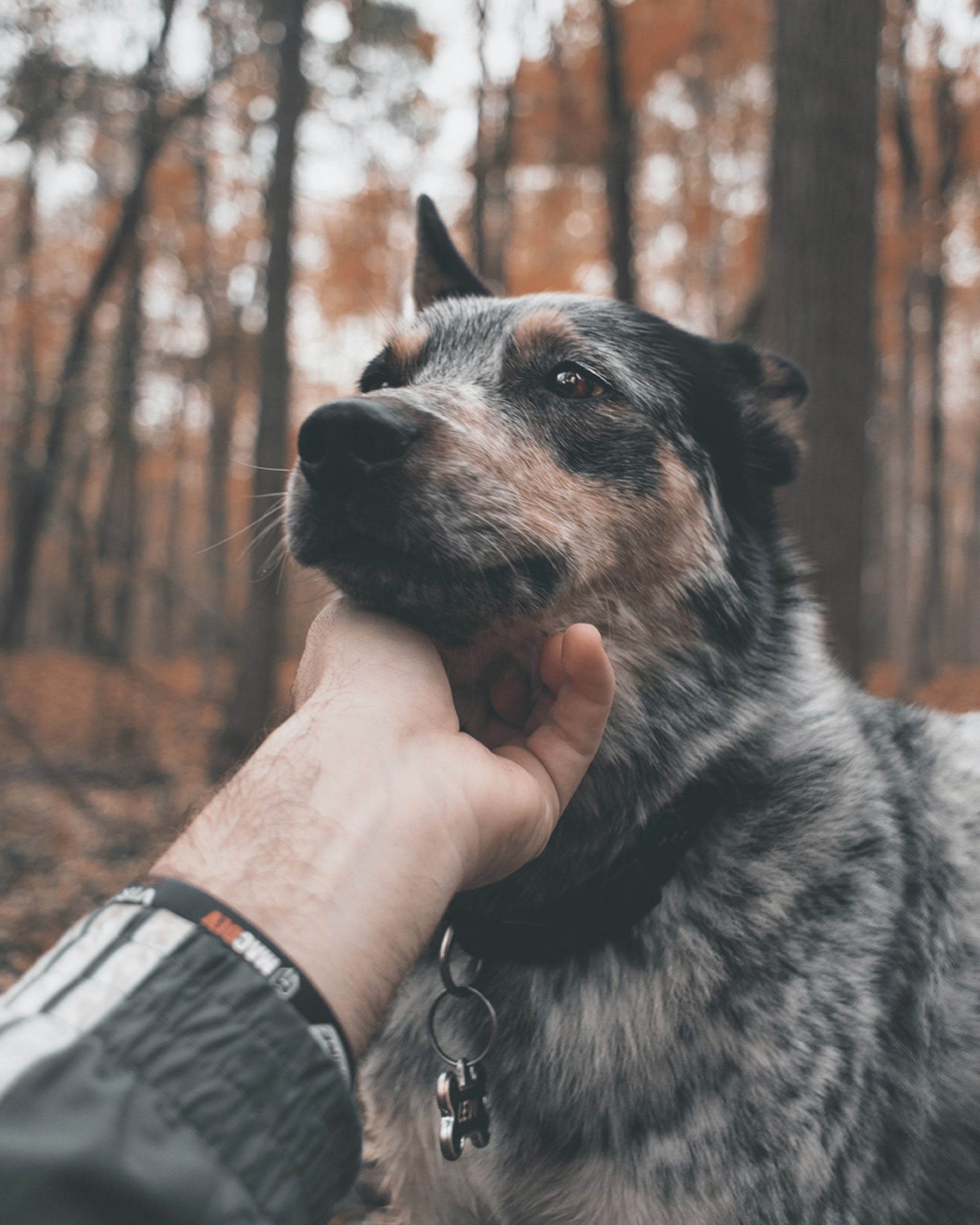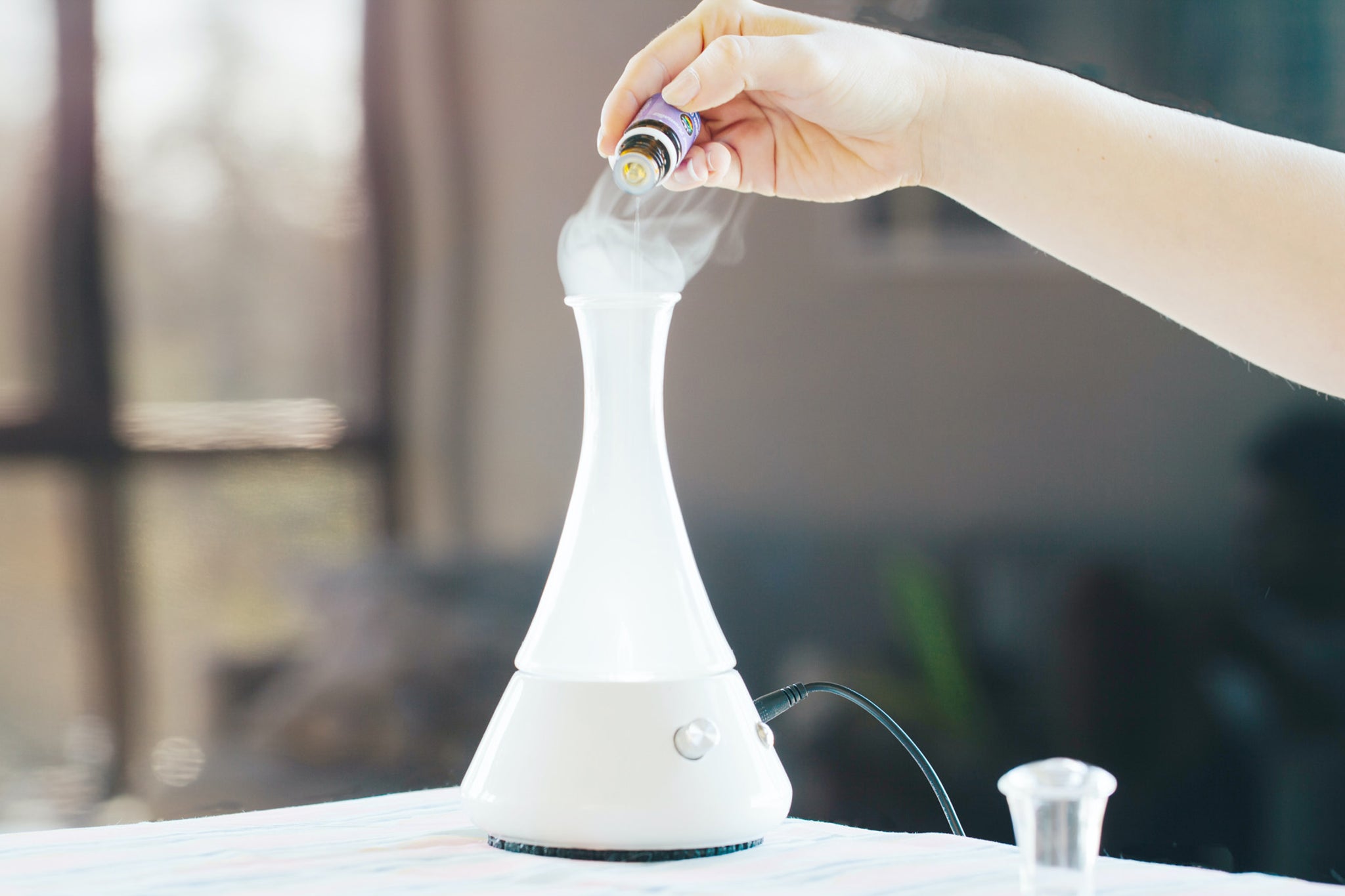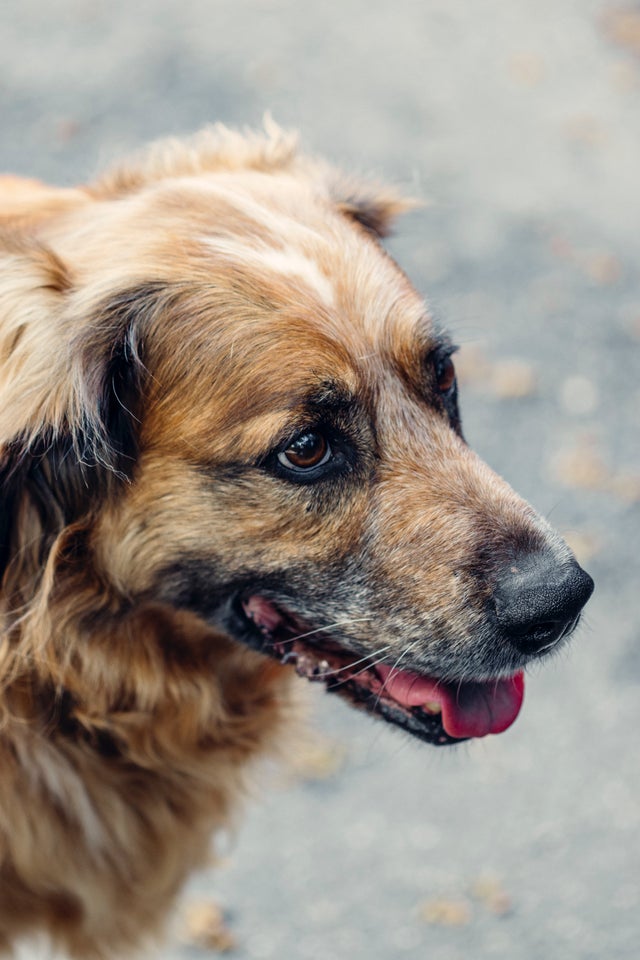Many people are using essential oils for holistic care and aromatherapy. There are some oils that should never be ingested by or used topically on your dog.
Avoid Contact with Skin
The Veterinary Centers for America (VCA) warns that putting essential oils directly on your dog’s skin can be toxic. These oils are highly concentrated and rapidly absorbed by the skin, which can be very dangerous, especially if they aren’t high quality. If products haven’t been purified by manufacturers, they could contain toxins or irritants that could poison your dog if ingested. You should not put concentrated essential oils in your dog’s mouth. If in contact with skin, they can usually be washed off with soap, but ingestion will require a trip to the veterinarian. Always be aware of surfaces you use the oils on and if your pet has access to them, as they often lick their paws to groom. The VCA specifically warns against contact or ingestion of oils from:
- Cinnamon
- Citrus
- Pennyroyal
- Peppermint
- Pine
- Sweet birch
- Tea tree
- Wintergreen
- Ylang ylang
The ASPCA regards diffusers as generally safe for pets, but you should limit the time you use them in your home and your dog’s exposure. You may want to “pet-proof” your home by moving essential oils to areas where your pets cannot reach them, to avoid ingestion or spills.

Check the Purity
The purity and quality of essential oils vary. Not all oils are manufactured to the same quality, and you should always check the ingredient list before buying. Do your research online before heading to the store. Some companies make essential oil-infused products that are safe and meant to be used on pets, so you may want to look for those brands.

A Little Bit Goes A Long Way
Essential oils are concentrated. They are rarely meant to be used as is. Most essential oils are made to be diluted in carrier oils or liquids for skin application, cooking, or diffusing. You can add a few drops of essential oil to homemade cleaning solutions to customize the scent. When using around dogs or other pets, you should only use what you need. If a recipe calls for 20 drops in a floor cleaning solution, you may only want to use 3-5 drops instead. Use your judgement and add what feels right for a subtle infusion of scent. Remember that your dog’s nose is stronger than yours, so the scent will be even more potent to them.
Instead of Pine, Use Arborvitae
Pine should not be ingested by dogs, so if you’re looking for the same woodsy, forest smell you could try arborvitae in your cleaning products or diffusers. Arborvitae is extracted from the wood of the arborvitae tree and has been shown to have antibacterial and antimicrobial properties.

Instead of Peppermint or Wintergreen, Use Eucalyptus
Eucalyptus is a pet-friendly oil used in many cleaners and shower products to improve breathing. Not only does it open airways, eucalyptus has also been shown to have antifungal and antibacterial properties. In one study with twenty-two bacteria strains and twelve fungi species, eucalyptus was resistant against all bacteria and eleven of the fungi.

Instead of Citrus, Use Lemongrass
Lemongrass provides a similar scent to lemon without the toxicity. Lemongrass has also been shown to be a natural insect repellent. It has been used in aromatherapy as both an air freshener and a reliever of anxiety. Some use it to fight inflammation in acne, athlete’s foot, and headaches. The fresh, citrusy scent makes lemongrass a safe alternative to lemon or other citrus oils.

Instead of Ylang Ylang, Use Lavendar
Lavendar has been used in humans to reduce anxiety and depression, and to evoke a calming atmosphere. Lavendar is generally safe for dogs and may even help them cope with anxiety if diffused safely. It provides many of the same benefits of ylang ylang.

Symptoms of Essential Oil Poisoning in Dogs
It is generally safe to diffuse essential oils in your household in moderation. You should always keep your oils out of reach of your pets to avoid them ingesting large amounts at a time. In the event your dog has ingested too much oil causing poisoning, you will want to be aware of the symptoms. Symptoms of essential oil poisoning, according to the VCA, include breath smelling like the fragrance, difficulty breathing or walking, lethargy, muscle tremors, pawing at the mouth and face, redness around the mouth, and vomiting. You will want to contact your veterinarian right away for emergency care if you notice these symptoms. Never apply undiluted essential oils to your pet’s skin. If you’re considering a product that contains essential oils, it is best to consult your veterinarian before you use it on your pet.




